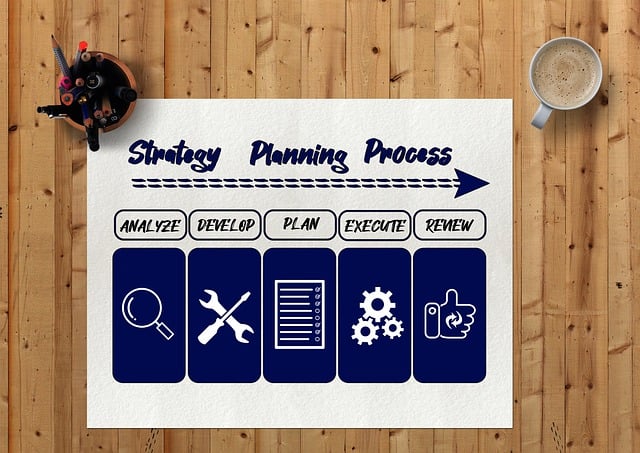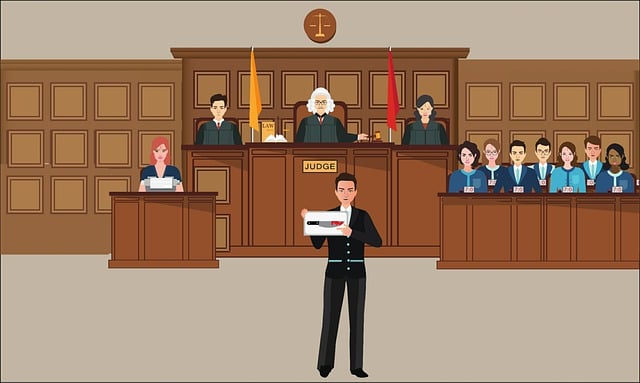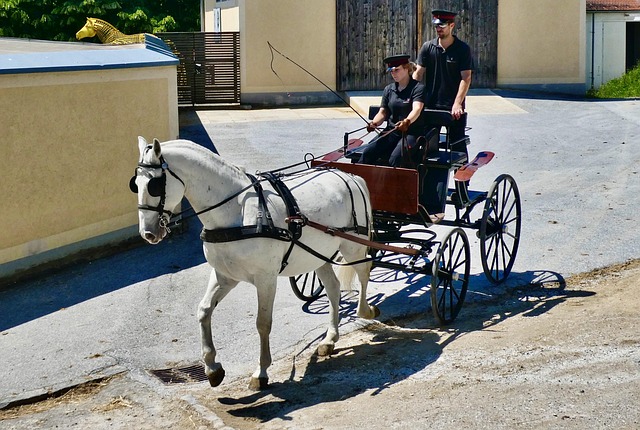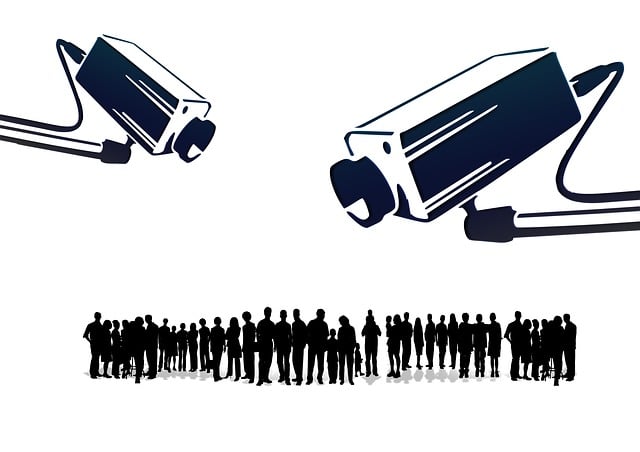Grandparent visitation rights are crucial legal considerations, varying by region but always prioritizing children's well-being. Disputes often arise due to limited involvement or parental resistance, with death of a parent as another trigger. Legal assistance is vital for grandparents seeking increased visitation, helping navigate laws, present strong cases, and ensure all relevant info is presented in court. Post-resolution support includes counseling and open communication to adjust to new routines and strengthen bonds. Attorneys specializing in grandparent visitation rights are indispensable for mediation, negotiation, or litigation, aiming to balance children's best interests with grandparents' crucial roles.
Grandparent custody disputes can be emotionally charged and complex, especially with changing family dynamics. Understanding grandparent visitation rights is crucial for all parties involved. This article guides you through the legal aspects of these disputes, from recognizing the visitation rights enshrined by law to navigating the steps towards resolution. We explore common causes, the role of legal professionals, and post-resolution strategies to foster healthy family relationships, ensuring every member’s best interests are considered.
- Understanding Grandparent Visitation Rights: Legal Framework and Considerations
- Common Causes of Custody Disputes Between Grandparents and Parents
- Navigating the Legal Process: Steps to Resolve Grandparent Custody Issues
- The Role of Legal Professionals in Facilitating Agreement and Court Proceedings
- Post-Resolution Support and Maintaining Healthy Family Relationships
Understanding Grandparent Visitation Rights: Legal Framework and Considerations

Grandparent visitation rights are a crucial aspect of family law, recognizing the significant role that grandparents often play in their grandchildren’s lives. The legal framework surrounding these rights varies by jurisdiction but generally aims to balance the interests of both parents and grandparents while prioritizing the child’s well-being and best interests. Courts typically consider factors such as the relationship between the grandparent and grandchild, the parent’s willingness to allow visitation, and any potential impact on the child’s routine and emotional stability.
Understanding these legal considerations is essential for grandparents seeking custody or enhanced visitation. Legal assistance can help navigate complex laws, present compelling arguments, and ensure that all relevant information is considered during court proceedings. This support is particularly vital when parents are unwilling to cooperate, as it enables grandparents to advocate effectively for their rights and the time they spend with their grandchildren.
Common Causes of Custody Disputes Between Grandparents and Parents

Grandparent custody disputes often arise due to a variety of factors that can complicate family dynamics. One common cause is the desire for increased grandparent visitation rights. Many grandparents feel that they play a crucial role in their grandchild’s life and want more time with them, especially if their relationship has been limited by distance or parental restrictions. This can lead to tensions between grandparents and parents, particularly when there are differing opinions on parenting styles or decisions regarding the child’s well-being.
Another frequent reason for disputes is when a parent passes away, leaving guardianship of their children in dispute. In such cases, grandparents may assert their rights as a natural part of the family unit, while parents might prioritize other relatives or external caregivers for the child’s best interests. These conflicts often require legal intervention to navigate complex family laws and ensure a fair resolution that respects everyone’s rights and concerns regarding grandparent visitation rights.
Navigating the Legal Process: Steps to Resolve Grandparent Custody Issues

Navigating the legal process to resolve grandparent custody issues can be challenging, but with the right steps and professional guidance, it is possible to achieve a favorable outcome. The first step is to consult with an experienced family law attorney who specializes in grandparent visitation rights. They will assess the specific circumstances of the case and provide tailored advice on the best course of action.
Next, gathering comprehensive documentation is crucial. This includes proof of parental custody, any relevant medical or educational records for the child, and evidence of the grandparent’s relationship with the child. The attorney can help compile this information and ensure it is presented in a way that strengthens the grandparent’s case. Once all documents are in place, the legal team can file the necessary paperwork with the court to initiate the custody proceedings.
The Role of Legal Professionals in Facilitating Agreement and Court Proceedings

Legal professionals play a pivotal role in resolving grandparent custody disputes, offering expertise and guidance that can facilitate agreement between all parties involved. They are instrumental in navigating complex family law, ensuring that grandparent visitation rights are upheld and respected according to legal standards. Through mediation, negotiation, or litigation, attorneys help families find solutions that prioritize the best interests of the child while considering the significant role grandparents often play in their lives.
In court proceedings, legal professionals present compelling arguments, interpret laws, and advocate for their clients’ rights. They prepare necessary documents, such as petitions, affidavits, and legal memoranda, ensuring every detail is addressed. The support of a skilled attorney can make a substantial difference in the outcome, providing clarity, reducing emotional burdens, and helping to secure favorable outcomes for grandparents seeking visitation rights.
Post-Resolution Support and Maintaining Healthy Family Relationships

After a legal resolution regarding grandparent custody disputes, it’s crucial to provide post-resolution support for all parties involved, especially children and grandparents. This includes ongoing counseling or therapy sessions to help them adjust to any changes in their routines and relationships. It’s essential to maintain open lines of communication and encourage healthy family interactions. Facilitating regular visits and quality time together can significantly contribute to rebuilding and strengthening family bonds.
Grandparent visitation rights are a vital aspect of this process. Legal assistance can ensure these rights are protected and facilitated, allowing grandparents to maintain meaningful connections with their grandchildren while respecting the parents’ roles. By supporting post-resolution relationships, families can move forward with a sense of stability and harmony, fostering an environment where everyone feels valued and loved.














